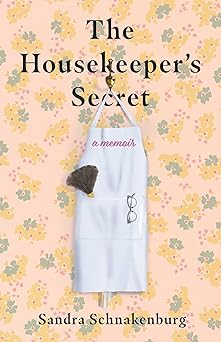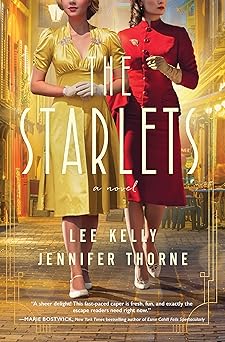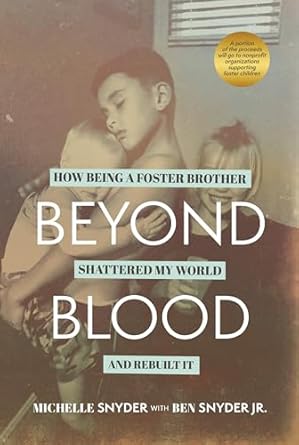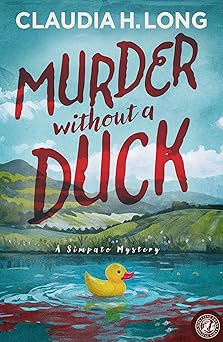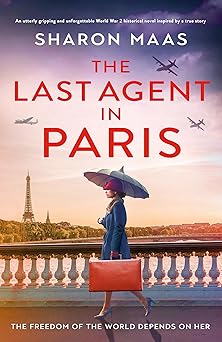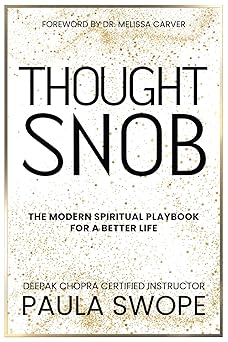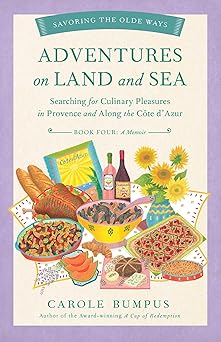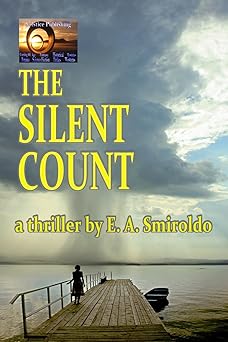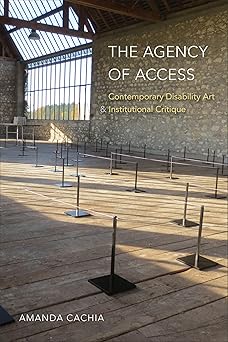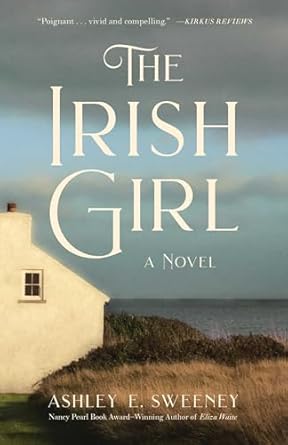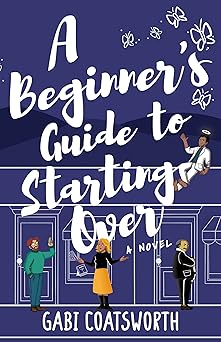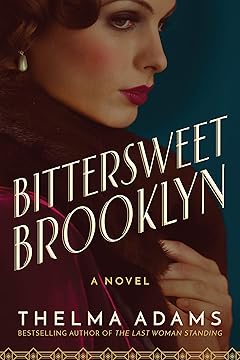Women Learning to Love Themselves
Juliet Greenwood
 When I first had the idea for The Secret Daughter of Venice I knew it was not going to be a conventional love story, but rather that of a young woman learning to love herself, as she uncovers the secrets of her origins, and pursues her own ambition to be make her living as a painter.
When I first had the idea for The Secret Daughter of Venice I knew it was not going to be a conventional love story, but rather that of a young woman learning to love herself, as she uncovers the secrets of her origins, and pursues her own ambition to be make her living as a painter.
The Secret Daughter of Venice can be read as a complete stand alone. But if you have previous read my first book for Storm, The Shakespeare Sisters, it follows Kate, the not-quite-sister, who is horribly aware of being seen as different, a foreigner, and rebels against every box her father (or is he?) attempts to squash her into, to take her place as the demure wife of 1930s middle-class English society. Like many young women, WW2 offers Kate a way out, an escape from domesticity, and, with the help of similarly independent young women, to find her own way in life.
What struck me when I was researching for the book was that so many women of that time did indeed have dreams and ambition, with many studying to become artists, with a desire to live an independent life. I found it sad to think that so many were never taken seriously, and found themselves unable to escape the expectation that women should be content to spend their energies solely on running a household and raising children, while supporting the ambitions of their husbands. Particularly those who believed that the young artist they fell in love with at art school, or while struggling together as up and coming painters, would be bound to support their ambitions once they were married!
So much frustrated creativity and lost talent, as well as a lost view of the world from a female perspective. It also reminded me of St. John Rivers in Jane Eyre – the eminently good man Jane’s own survival instinct tells her would kill her if she became his wife, emotionally, as well as physically. And at the time Charlotte Bronte was writing, women had even fewer choices that they had at the time of WW2.
Some women did, of course, forge their own futures, with the backing of supportive husbands or family, or with the benefit of having money of their own. Some made it through sheer force of will, including making the choice not to marry. In the world before contraception and electrical appliances, let alone access to childcare and convenience foods, it must have been very clear to a woman with a driving passion that she could indeed not have it all, and there were hard choices to be made, one way or the other.
I loved writing Kate. As a driven painter, she faces so many of the dilemmas we still face as women, balancing a creative passion with our domestic obligations, not to mention being generally taken less seriously as the men in our field, and assumed to have little of world-shattering importance or insight to say. But for Kate, the dilemmas are far starker, particularly when it comes to the young men she meets along her journey to find her birth mother.

Having been torn from her mother’s arms, and the home in Italy she can barely remember, Kate has learnt to be a survivor in a strange world. It has made her far more aware of just how fragile her ambition remains, and to never take anyone at face value. Throughout the book, she is constantly working through the potential consequences of her decisions, however painful it might be to walk away from someone she could easily love, but who she is certain would absorb her completely into his life, leaving her little room for her own.
I enjoyed every moment of writing Kate’s journey, not least because it made me aware that I have benefitted more than I ever realised from the battles brave women have fought over the centuries to be able to pursue a dream alongside a fulfilling domestic life, and to be taken seriously. As a writer, it’s something I will never forget.
The Secret Daughter of Venice
 The paper is stiff and brittle with age as Kate unfolds it with trembling hands. She gasps at the pencil sketch of a rippling waterway, lined by tall buildings, curving towards the dome of a cathedral. She feels a connection deep in her heart. Venice.
The paper is stiff and brittle with age as Kate unfolds it with trembling hands. She gasps at the pencil sketch of a rippling waterway, lined by tall buildings, curving towards the dome of a cathedral. She feels a connection deep in her heart. Venice.
England, 1941. When Kate Arden discovers a secret stash of drawings hidden in the pages of an old volume of poetry given to her as a baby, her breath catches. All her life, she has felt like an outsider in her wealthy adoptive family, who refuse to answer any questions about her past. But the drawings spark a forgotten memory: a long journey by boat… warm arms that held her tight, and then let go.
Could these pictures unlock the secret of who she is? Why her mother left her? With war raging around the continent, she will brave everything to find out…
A gripping, emotional historical novel of love and art that will captivate fans of The Venice Sketchbook, The Woman on the Bridge and The Nightingale.
—
Juliet Greenwood is the author of eight historical novels, published by Orion and Storm Publishing. Her first book was a finalist for The People’s Book Prize, and her previous book with Storm Publishing, The Last Train from Paris, reached the top 100 kindle chart in the USA and #19 in the UK kindle store. She has long been inspired by the histories of the women in her family, and in particular with how strong-minded and independent women have overcome the limitations imposed on them by the constraints of their time, and the way generations of women hold families and communities together in times of crisis, including during WW2.
After graduating in English from Lancaster University and Kings College, London, Juliet worked on a variety of jobs to support her ambition to be a full-time writer. These ranged from running a craft stall at Covent Garden to running a small charity working with disadvantaged children, and collecting oral histories of traditional villages before they are lost forever.
Juliet now lives in a traditional quarryman’s cottage in Snowdonia, North Wales, set between the mountains and the sea, with an overgrown garden (good for insects!) and a surprisingly successful grapevine. She can be found dog walking in all weathers working on the plot for her next novel, camera to hand.
Media links:
The Secret Daughter of Venice https://geni.us/338-al-aut-am
Storm: https://stormpublishing.co/
Website: http://www.julietgreenwood.co.uk/
Blog: http://julietgreenwoodauthor.wordpress.com/
Facebook: https://www.facebook.com/juliet.greenwood
Twitter: https://twitter.com/julietgreenwood
Instagram: https://www.instagram.com/julietgreenwood/
Category: On Writing




